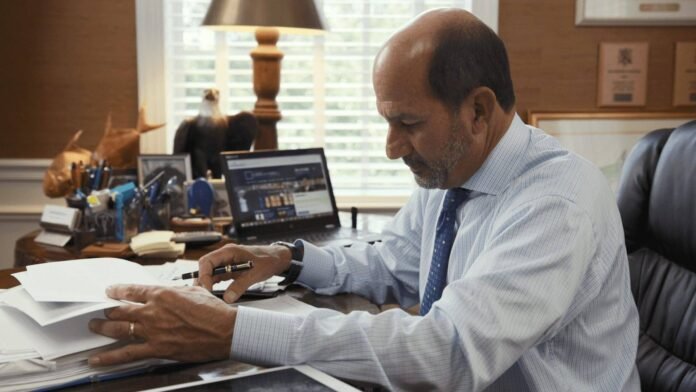With President Joe Biden sworn into office, the United States enters a new era. That being said, an old adage still proves true: the more things change, the more they stay the same. Criminal justice remains a point of significant contention throughout the country. As many Americans struggle to put food on the table, their legal needs are forced to be put on hold. Without pro bono work from lawyers, little if any progress can be expected.
Speaking during his campaign in 2019, Mr. Biden discussed his decision to “leave a prestigious law firm” so that he could “become a public defender, because those people who needed the most help couldn’t afford to be defended…” Little has changed from those days, and in fact Mr. Biden’s time in the arena of public defense helped fuel his desire to develop a platform for criminal defense – a platform regarded in some circles as one of, if not the most forward-thinking in the history of American general elections. The most important thing is for the urge and drive behind this movement not to peter out over the next four years, in particular for lawyers in the private sector.
The way law is practiced has changed considerably in the last several decades. The concept of “pro bono publico” entered the mainstream in the 1970’s, years after Mr. Biden made his fateful choice to perform in public law.
These days, the bigger firms and corporate entities like to see their lawyers engage in pro bono work. This follows a growing trend where large businesses encourage their employees to contribute to their community to improve relations with the public at large, and it’s nothing but a step in the right direction. Brian Gabriel, a criminal defense lawyer, has encouraged the lawyers in his firm to do pro bono work for years. “I think it’s a great way to give back to the community, and it’s important to me to uphold the true values of our criminal justice system.”
It’s well documented that the American justice system, while highly effective in general, is rife with biases and discrimination. Public figures have spoken at length about the ways in which draconian drug laws and the financial ramifications of being swallowed up by the legal system. Make no mistake, it seems clear that it will take generations until the sort of change activists are calling for is fully enacted.
One of the reasons that progress is so slow is that individual states have a lot of leeway in terms of reform. The office of the presidency doesn’t have total control; most criminal cases are handled at the state level. For example, 92,000 cases were brought to federal courts country-wide – a five-year record. In comparison, there were over 350,000 arrests just in New York in 2019. Mr. Biden swore he would abolish several contested practices, including: private ownership of prisons, mandatory-minimum sentencing, cash bail, the death penalty, and more. Whether orders put forth by the president can effectively extend to the state level remains to be seen.
These statistics should make it clear that the real battleground for criminal reform is at the state level, as opposed to any federal court. This means that instead of Department of Justice lawyers fighting for a better world, it’s more likely that the lawyers making effective change are public defenders, or working with nonprofits, or something along those lines. Not to be forgotten are private sector lawyers who nobly dedicate their valuable time to provide important legal services to those who are ill-disposed to pay for it.
As former-president Donald Trump was sworn into office in 2017, hundreds of protestors were arrested. Thanks to the hard work by public defenders who teamed up with dozens of private lawyers, almost every single criminal case brought against these protestors was successfully dismissed.
Today, enterprising law firms help file claims against state judges for issuing sentences over defaulted fees, violations by police departments of constitutional rights, and more social justice issues.
One of the most recent, and perhaps saddest examples of the need for criminal justice reform is the handling of and response to the attack on the Capitol building on January 6, 2021. Evidence indicates that black police officers on scene found themselves targeted by the portion of those insurrectionists which are avowed white supremacists and/ or themselves off-duty police officers. Meanwhile, some of the mob were even aided in their quest to raid the Capitol.
It’s no secret that fighting racial bias in this country’s police forces is an important component in the quest to improve the state of criminal justice. It’s not an easily solved task, but combining their forces together, public and private legal professionals have demonstrated that change is possible. The rewards of working together are endless.



